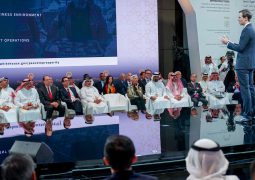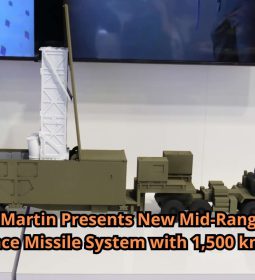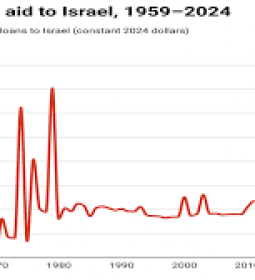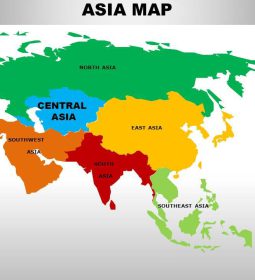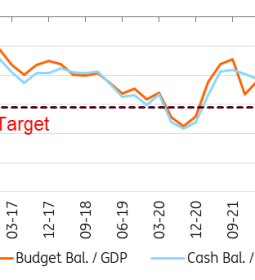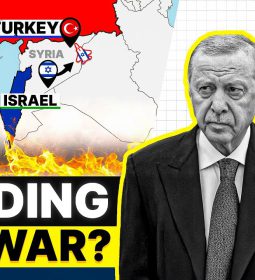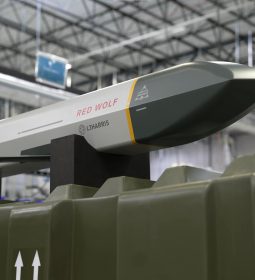Giorgia Meloni’s to Visit Central Asia at the End of the May
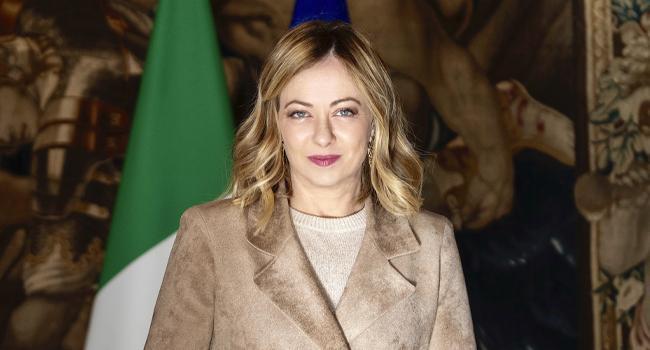
In recent years, Italy has emerged as one of the European countries most keen to maintain close relations with the countries of Central Asia. In mid-April, confirmation arrived that Prime Minister Giorgia Meloni would be travelling to the region this spring. The purpose of the trip is to visit Uzbekistan and Kazakhstan and attend a summit in Astana with the presidents of the five countries.
Meloni’s visit is scheduled for the end of May, although the exact dates are not yet known.
Italy was the first European country to involve the Central Asia region in a “1+5” summit. The first meeting was held in Rome in December 2019, and involved the then Italian Foreign Minister, Luigi Di Maio, and all Central Asian Foreign Ministers. This meeting took place a few months after Italy, the first and only EU country to take this step, signed a memorandum of understanding with China on the Belt & Road Initiative (in 2023, Rome decided to withdraw from the project).

Central Asia is one of the regions at the heart of the original BRI project: the launch was announced in Kazakhstan in 2013. The most recent meeting at foreign minister level took place in May 2024, again in Rome, and was attended by the current Italian Foreign Minister, Antonio Tajani. But now Italy has decided to raise the bar and directly involve Meloni and her Central Asian counterparts.
The multilateral forum is complemented by frequent visits to Italy by leaders from the region: Uzbekistan’s Mirziyoyev in June 2023, Kazakhstan’s Kassym-Jomart Tokayev in January 2024 and Tajikistan’s Emomali Rahmon at the end of April 2024. For Italy, President Sergio Mattarella visited Uzbekistan in November 2023 and Kazakhstan in March 2025.
Italy is one of the main economic partners in the region, and especially in Kazakhstan; the country ranks third (behind only China and Russia) in terms of trade with Astana. Trade turnover between Kazakhstan and Italy rose 25% in 2024 and reached almost $20 billion.
The relationship is particularly strong in the energy sector, with over $18 billion accounted for exports of Kazakh oil and petroleum products in 2024. The Italian national oil and natural gas company Eni has been present in Kazakhstan since 1992, where it is a co-operator of the Karachaganak oil field and participates in the North Caspian Sea PSA consortium responsible for operations at the Kashagan oil field. Other significant sectors of trade between Italy and Kazakhstan are those of agricultural machinery and agricultural production.
One area that could be subject to greater cooperation is defense, as demonstrated by the visit to Italy by Kazakhstan’s Minister of Defense, Ruslan Zhakssylykov, in March this year. The potential is truly remarkable: during Mattarella’s aforementioned flash visit to the country this March, with a meeting with Tokayev held directly at Astana airport, the Italian president emphasized the potential for further deepening the strategic partnership between Rome and Astana, which has been in place since 2011.
Speaking of official documents, in June 2023, Italy and Uzbekistan established a strategic partnership, with a view to deepening and expanding cooperation between the two countries, both in bilateral and multilateral formats. A few months later, in November 2023, Italy declared that it would support Uzbekistan’s bid to join the World Trade Organization.
Trade relations between Rome and Tashkent are much weaker than those between Rome and Astana, in light of the smaller size of the Uzbek economy compared to that of Kazakhstan. In 2024, trade turnover reached $438 million, with Uzbekistan’s exports amounting to $44.6 million and imports totaling $393.4 million.
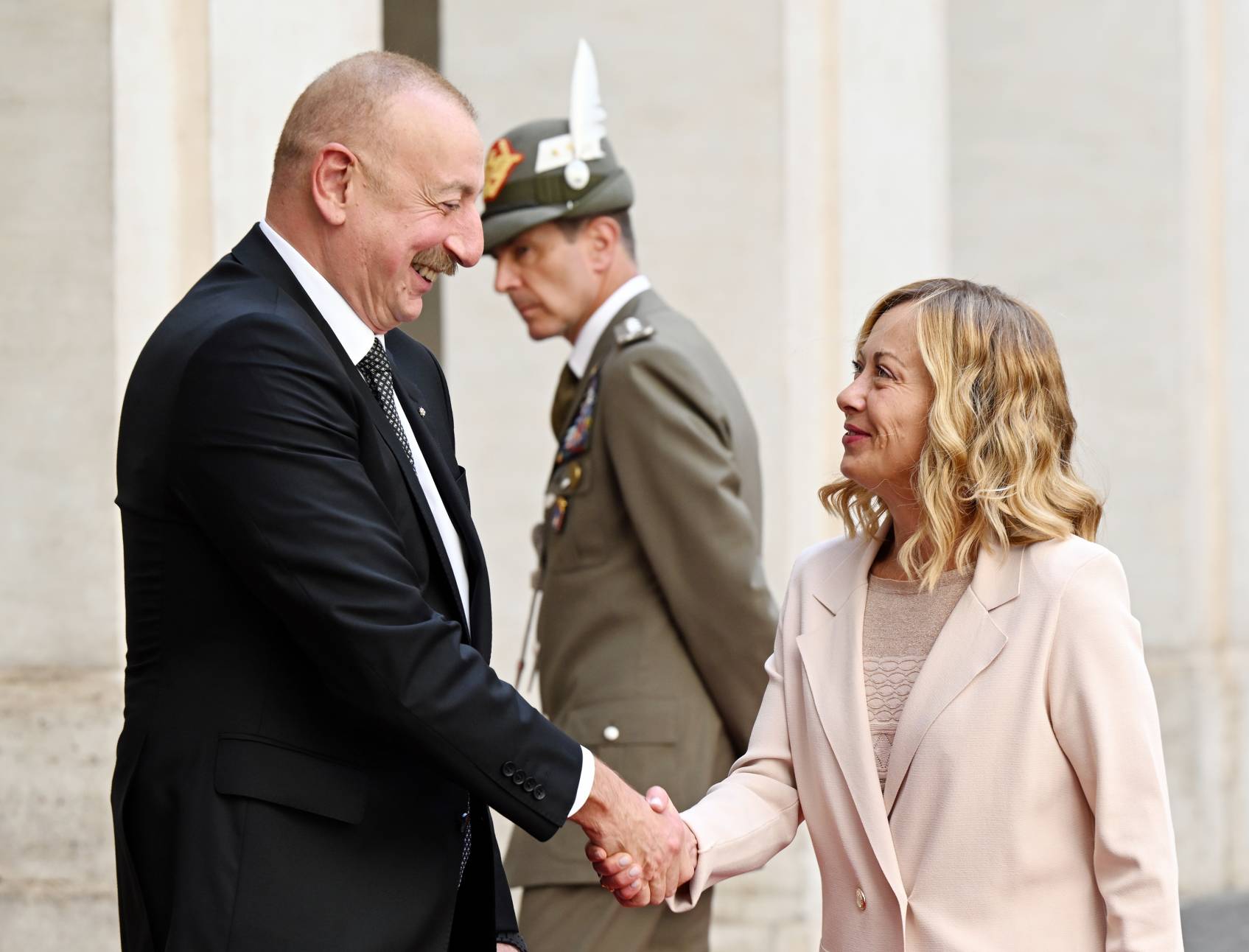
The defense sector could also soon play a role along the Rome-Tashkent axis: two years ago, ahead of Mirziyoyev’s visit to Italy in June 2023, Italian Defense Minister Guido Crosetto travelled to Uzbekistan for high-level meetings, including with Mirziyoyev himself.
Security is at the core of Italian-Turkmen bilateral relations. According to data published by the European Union, between 2007 and 2017 Turkmenistan purchased arms worth €340 million from states member of EU, 76% of which was paid to Italian companies. In 2021, Italy exported arms to Turkmenistan equal to 35% of Ashgabat’s imports, also supplying aircraft and anti-ship missiles. In February 2024, the President of Turkmenistan, Serdar Berdymuhamedov, met with the President of Leonardo, an Italian state-owned company operating in the defense, aerospace and security sectors.
Energy is also on the table: Eni has been present in Turkmenistan since 2008, where it has invested more than $2 billion in recent years and employs more than a thousand workers, the vast majority of whom are Turkmen nationals.
Relations with Tajikistan and Kyrgyzstan are more limited, but nevertheless are deepening. The controversial Rogun dam in Tajikistan is being built by Webuild, an Italian multinational group operating in the construction and civil engineering sectors. The contract between the company and Dushanbe was signed in 2016 for a total value of $3.9 billion.

Looking at the region as a whole, Rome has promoted the so-called Middle Corridor, a complex network of railways and shipping routes that should form the backbone of a link between Europe and Asia via Azerbaijan and Central Asia. The aim of the project is to diversify its trade routes, which rely almost entirely on Russian lands.
Italy’s objective is also to ensure that Italian companies have the opportunity to contribute to the construction of the necessary infrastructure, such as railways and ports.
All of this helps to understand what topics might be on the table in Astana: connectivity, energy, security and deeper political cooperation. Italy sees Central Asia as a region where it can play a leading role, and also act independently of its European partners.
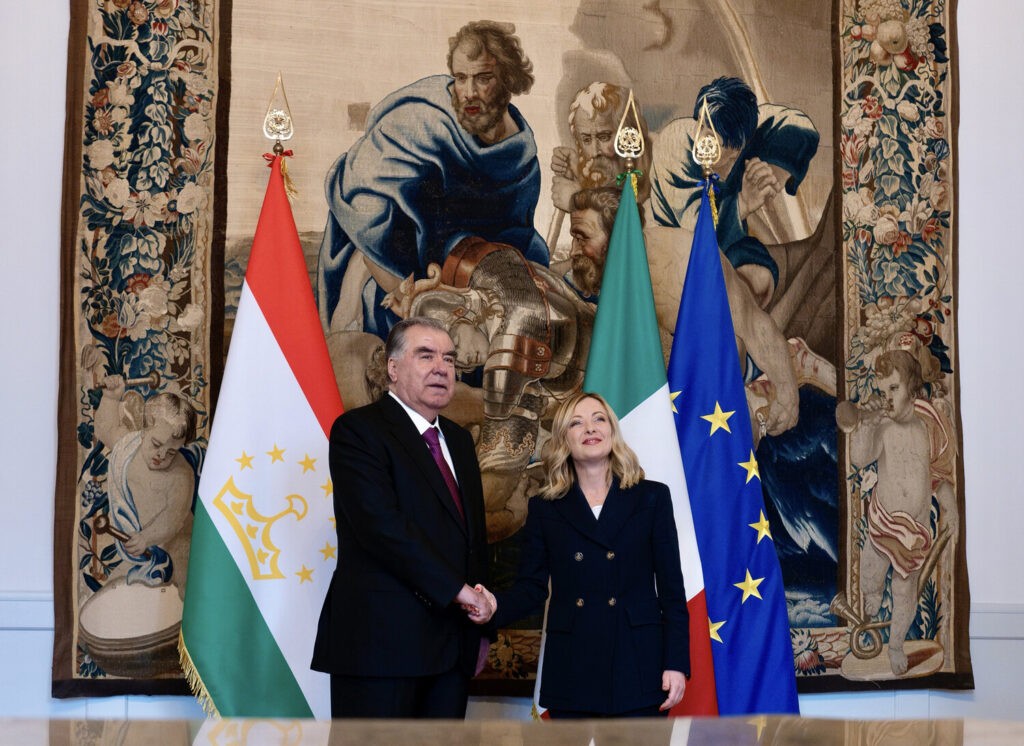
On the Central Asian side, apart from the obvious differences between the objectives of the five countries, the goal is clear: to diversify the range of partners beyond Russia and China. By acting in this way, the countries of Central Asia are able to obtain concessions on several fronts at the same time, without being forced to scale back relations with any of their other partners.
- Previous Estonia stpopted just inch short of igniting WW3: now Russia airforce to protect ots oil ships
- Next Ukriane’s cirse: After losing 300 bn $ in aid direct aid and 2 to 3 trln S over falling economy and enegy prices, EU wars wants war with Russia






